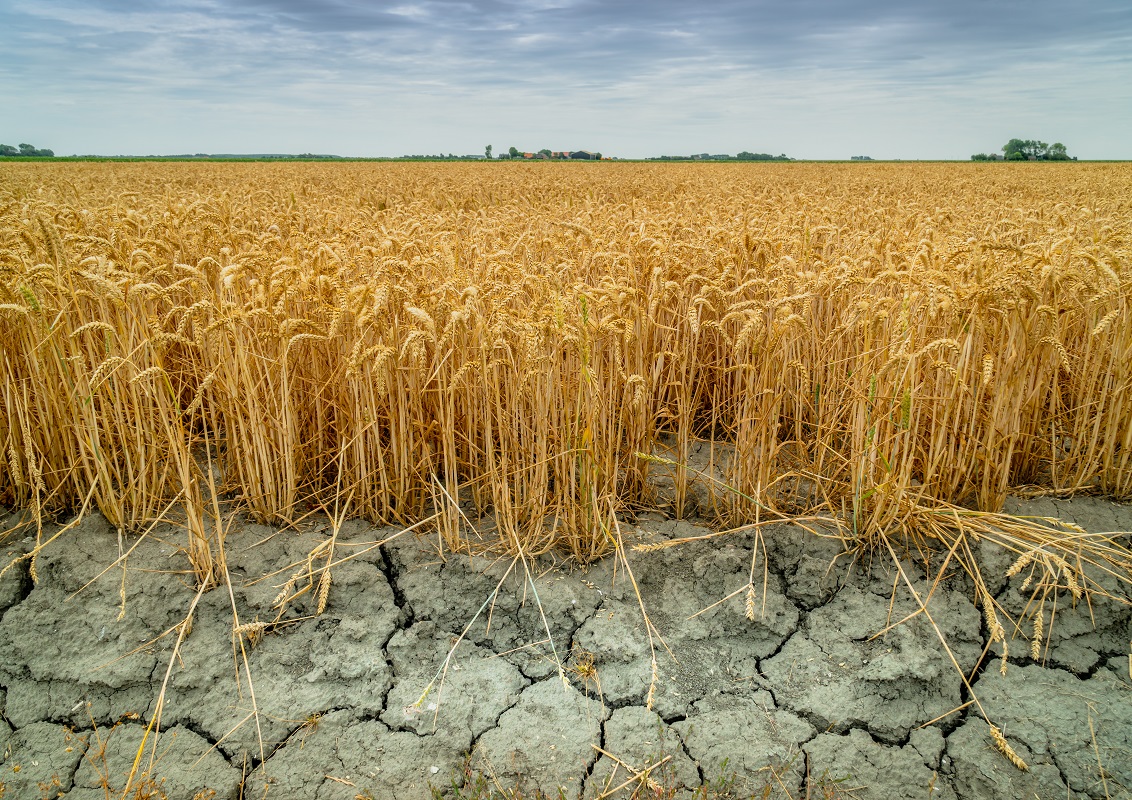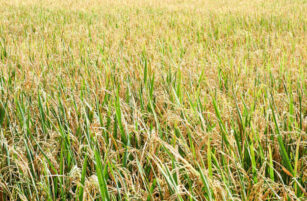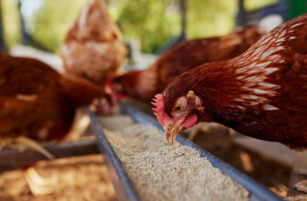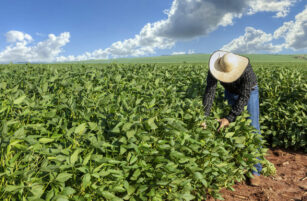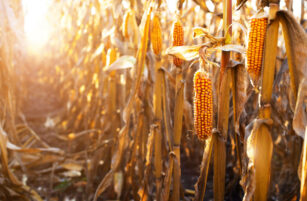659 words / 3 minute reading time
- Panic-buying consumers in the supermarkets is one thing. What if the largest wheat buyers in the world decide they need to stockpile to guarantee food security?
- Are the Black Sea wheat exporters going to put a spanner in the works of the global wheat trade?
- The IGC (International Grains Council) estimates the world will produce 2.2 billion tonnes of grains in 2020, up 2% from last year. The wheat production estimate has been adjusted up by 5m tonnes to 768m tonnes for the year; will this ease supply concerns?
The Market Last Week
Last week, we talked about the extraordinary rise of the wheat market. This week we have seen it drop off as the excitement dwindles and the market takes somewhat of a breather leading to some price retracement.
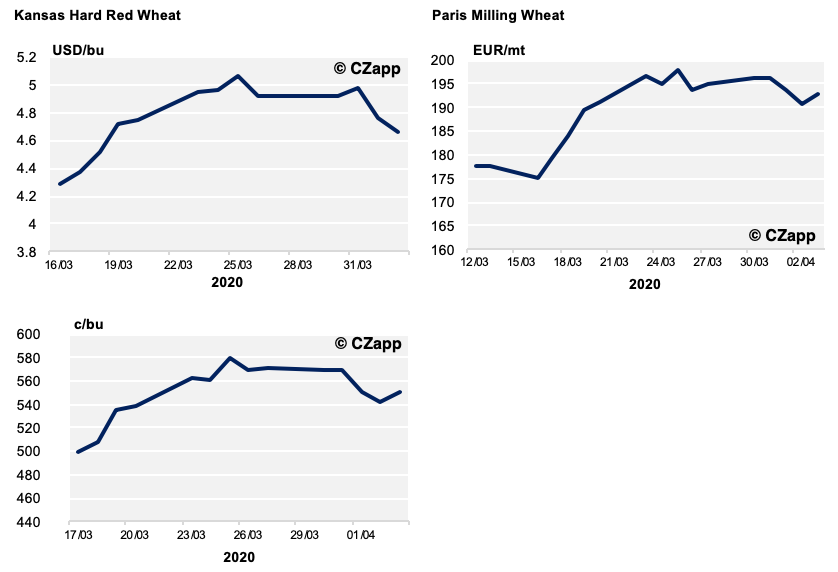
Food Security Concerns
The world we have been living in for years has been a supply chain marvel. Recent lockdowns with the knock-on logistical complications have drawn the Governments’ attention.
All governments must ensure their population can eat!
China and India, as the most populous countries, have the greatest need for stocks. Current numbers suggest that these two countries alone will have 170m of the total 287m tonnes of global end-of-year wheat stocks.
North African and the Middle Eastern countries need food security, but questions about their ability to finance this remain. Algeria has bought 240k tonnes and 250k tonnes in tenders in the last two weeks. Turkey has been on a buying spree over recent weeks. Saudi Arabia has bought over 1m tonnes of grains in the last couple of weeks.
Egypt, the world’s largest importer of wheat, has stated a clear intention this week to increase wheat stockpiles to avoid any potential lockdown and logistical problems. So much so, that this week, they put out a tender, which was cancelled within minutes, stating that any seller would have to guarantee delivery, regardless of any logistical issues. This would include the seller accepting any extra cost burdens due to having to source an alternative origin wheat to fulfil sales, at the seller’s cost. Clearly, they wish to avoid any potential of ‘Force Majeure’ issues. Early signs of panic?
Black Sea Wheat Exports
As mentioned last week, Russia, Ukraine and Kazakhstan are responsible for approximately 60m tonnes of the 183m tonnes of global wheat exports this year. This week, Russia have confirmed a 7m tonne export limit for grains between April and June 2020, which will amount to 5.5-6m tonnes of wheat. Kazakhstan has just confirmed a maximum limit of 200k tonnes of wheat exports this month. Ukraine has also limited wheat exports to 20.2m tonnes this year. A continuation of these limits beyond the summer harvest may be more significant than they appear today.
International Grains Council (IGC) 2020 World Wheat Harvest
This week, the ICG released their latest thoughts on the world 2020 wheat harvest. At 768m tonnes, this is 5m tonnes higher than estimates for 2019 and should allow ample supply to go around. Any weather issues prior to harvest may upset the apple cart. Equally, stockpiling, as mentioned above, may be significant.
What Does the Future Hold?
Coronavirus
The coronavirus dominates market thoughts everywhere. Lockdowns and logistical problems really do have the ability to disrupt the normal trade flows and, more importantly, the ability for the importers to feed their nations. If countries increase stocks, they should, at the very least, buy themselves time.
Exporters’ own concerns, as we already see in the Black Sea area, may lead to additional trade adjustments as they sure up their own domestic markets.
Weather
It has disrupted wheat markets before; the coming months will make or break the 2020 harvests. Food security will be dependent on helpful weather.
2020 has seen a volatile wheat market due to the coronavirus pandemic. Even if the world gets this virus under control, buyers stockpiling, exporters restricting and weather disrupting, it may well be far from a straight forward next 12 months!
